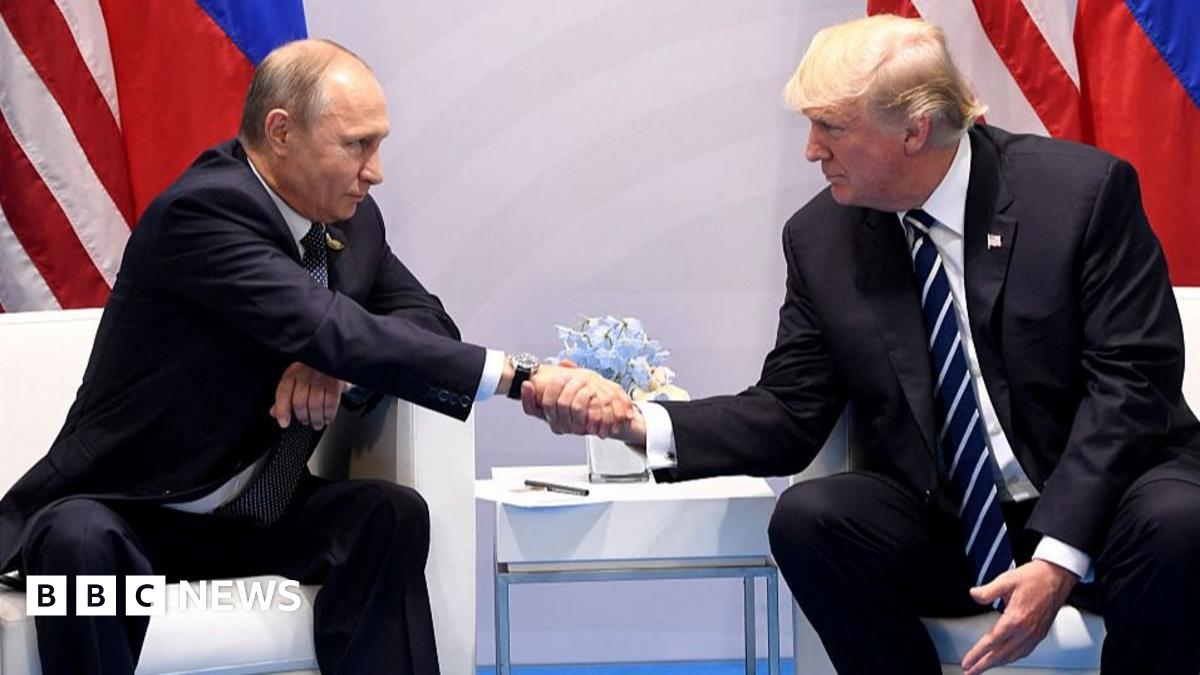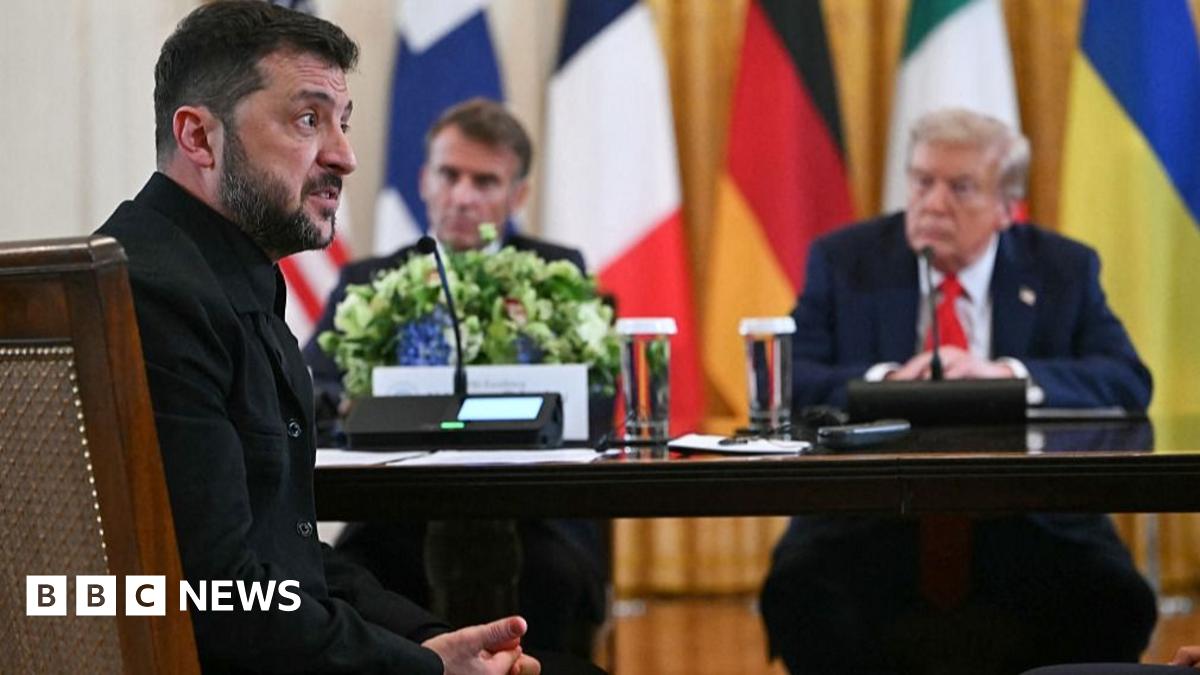Netanyahu Under Fire: Far-Right Coalition Threatens to Derail Ceasefire Talks

Israeli Prime Minister Benjamin Netanyahu is facing mounting pressure from within his far-right coalition as negotiations surrounding a potential ceasefire and hostage release deal with Hamas intensify. The situation has created a precarious balancing act for Netanyahu, who must navigate the demands of his hardline allies while striving to secure the return of hostages held in Gaza and potentially avert a wider regional conflict.
Coalition Divisions Emerge
Several prominent figures within Netanyahu’s coalition have publicly dismissed the proposed deal as unacceptable. Members of parties like Otzma Yehudit (Jewish Power) and Religious Zionists have voiced strong opposition, arguing that the terms offered to Hamas are too lenient and would compromise Israel’s security interests. These voices are particularly vocal about any concessions that might involve the release of Palestinian prisoners.
“We will not agree to a deal that rewards terrorism,” stated a leading member of Otzma Yehudit in a recent interview. “Any agreement that doesn’t prioritize the complete dismantling of Hamas and the return of all our hostages is a failure.”
Netanyahu's Delicate Position
The Prime Minister has, so far, refrained from explicitly endorsing or rejecting the proposal, a strategic move designed to maintain some level of flexibility in the negotiations. However, this silence has only fueled speculation and intensified the internal tensions within his governing coalition. Analysts suggest that Netanyahu is attempting to weigh the potential benefits of a ceasefire – including a pause in fighting and the release of hostages – against the risk of triggering a collapse of his government.
International Pressure and the Hostage Families
Beyond the domestic political challenges, Netanyahu also faces significant international pressure to reach a resolution. The United States, Egypt, and Qatar are actively involved in mediating the negotiations, and are urging both sides to compromise. The families of the hostages are also exerting immense pressure, holding rallies and demanding immediate action to secure their loved ones’ release.
The hostage situation remains deeply emotional and complex. Over 130 hostages are still believed to be held in Gaza, and their families are desperate for news and for their safe return. The uncertainty surrounding their fate has created a palpable sense of anxiety and anguish across Israel.
Potential Consequences
If Netanyahu is unable to reconcile the conflicting demands within his coalition and secure a deal with Hamas, the consequences could be far-reaching. A collapse of the government could lead to new elections, further political instability, and a prolonged conflict. Moreover, failure to secure the release of the hostages would be a devastating blow to Israeli morale and could have serious repercussions for Netanyahu’s political future.
The coming days and weeks are likely to be critical in determining the fate of the ceasefire negotiations and the future of Israel’s government. Netanyahu’s ability to navigate this complex and volatile situation will be a defining test of his leadership.






